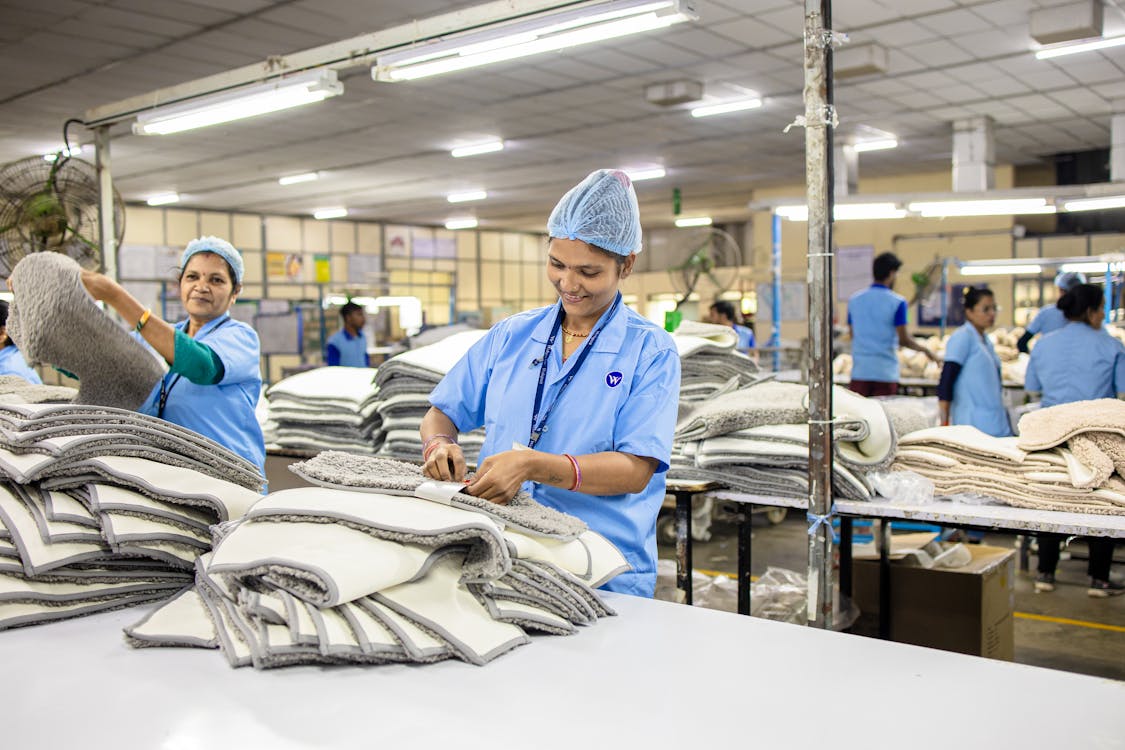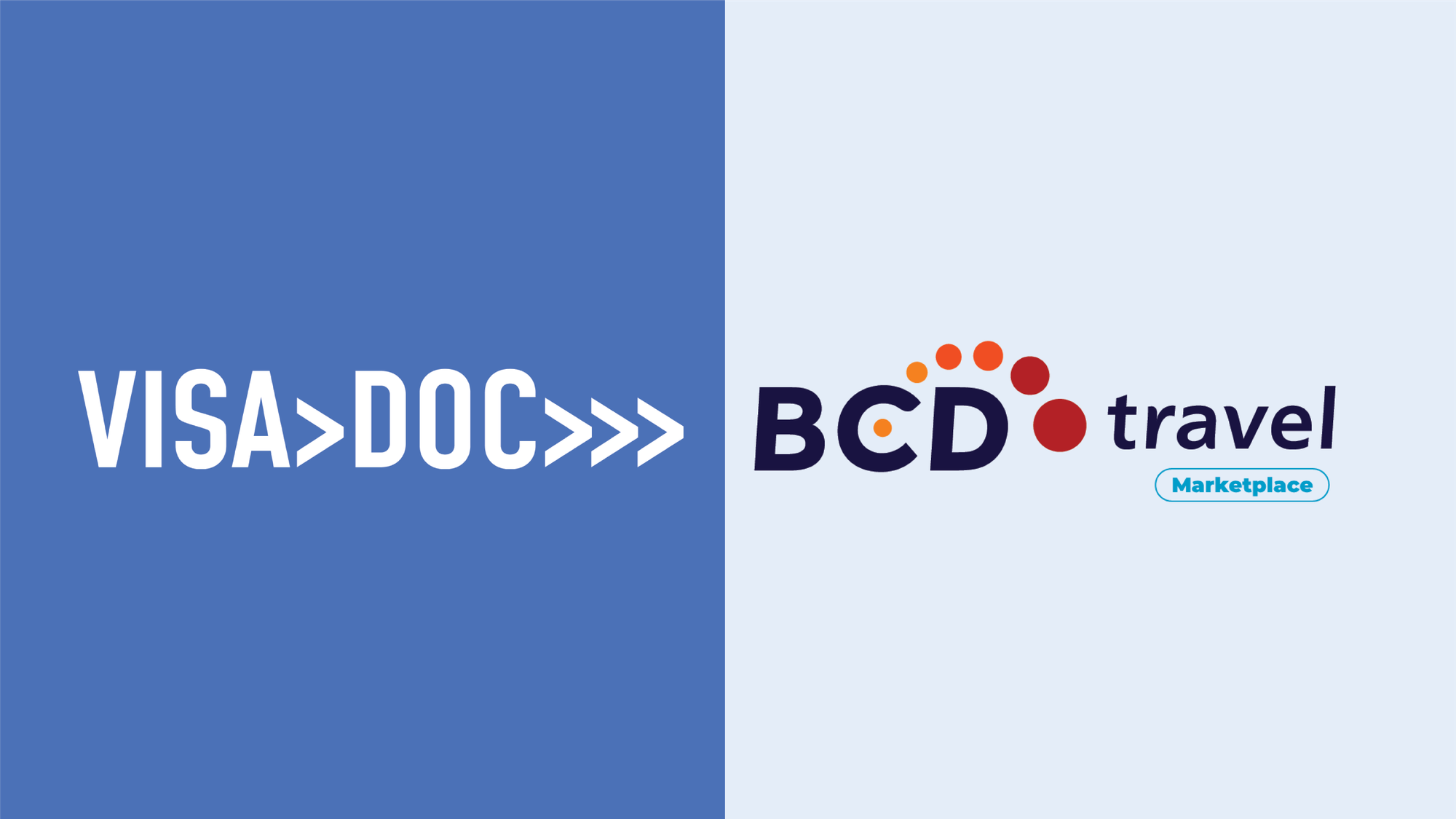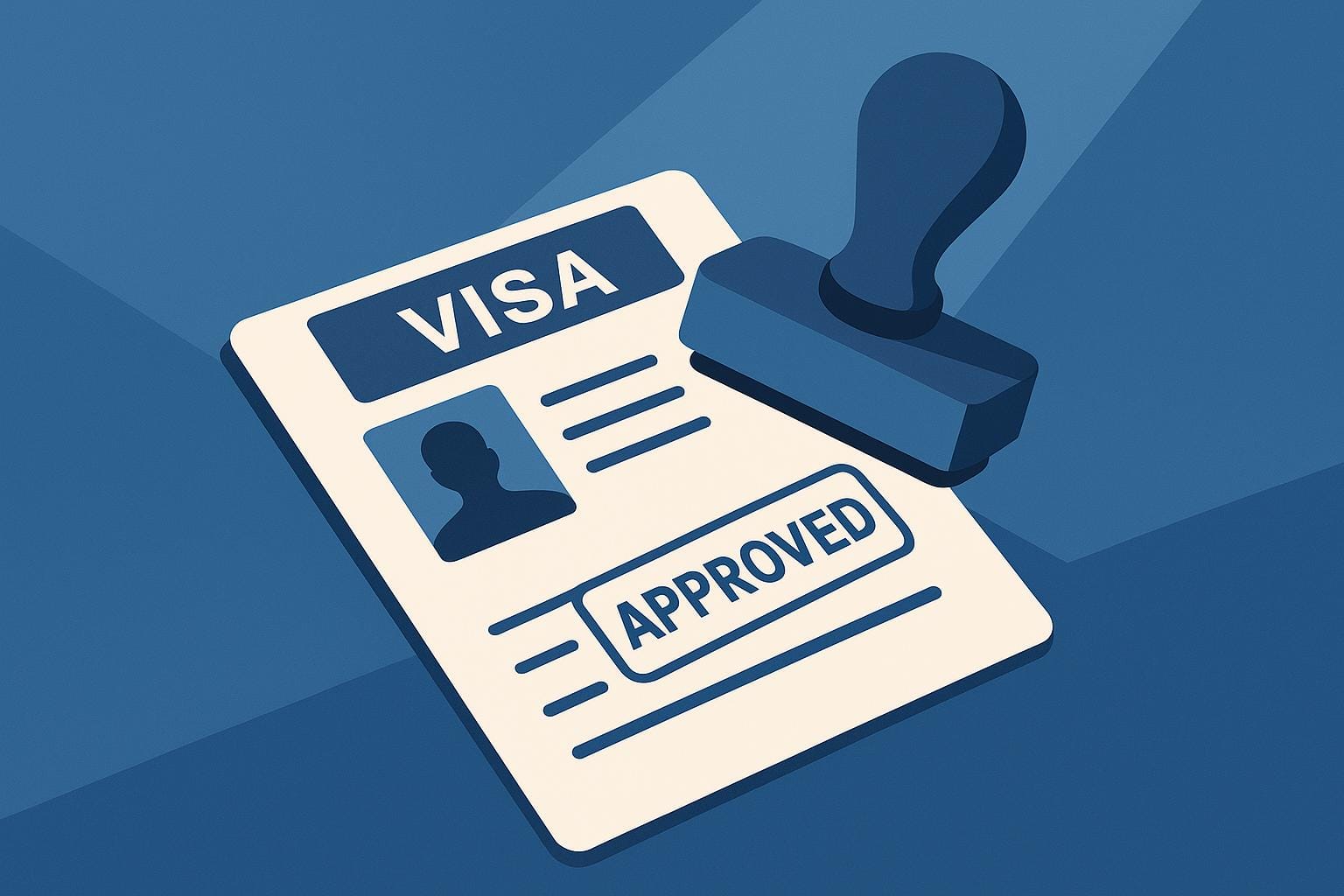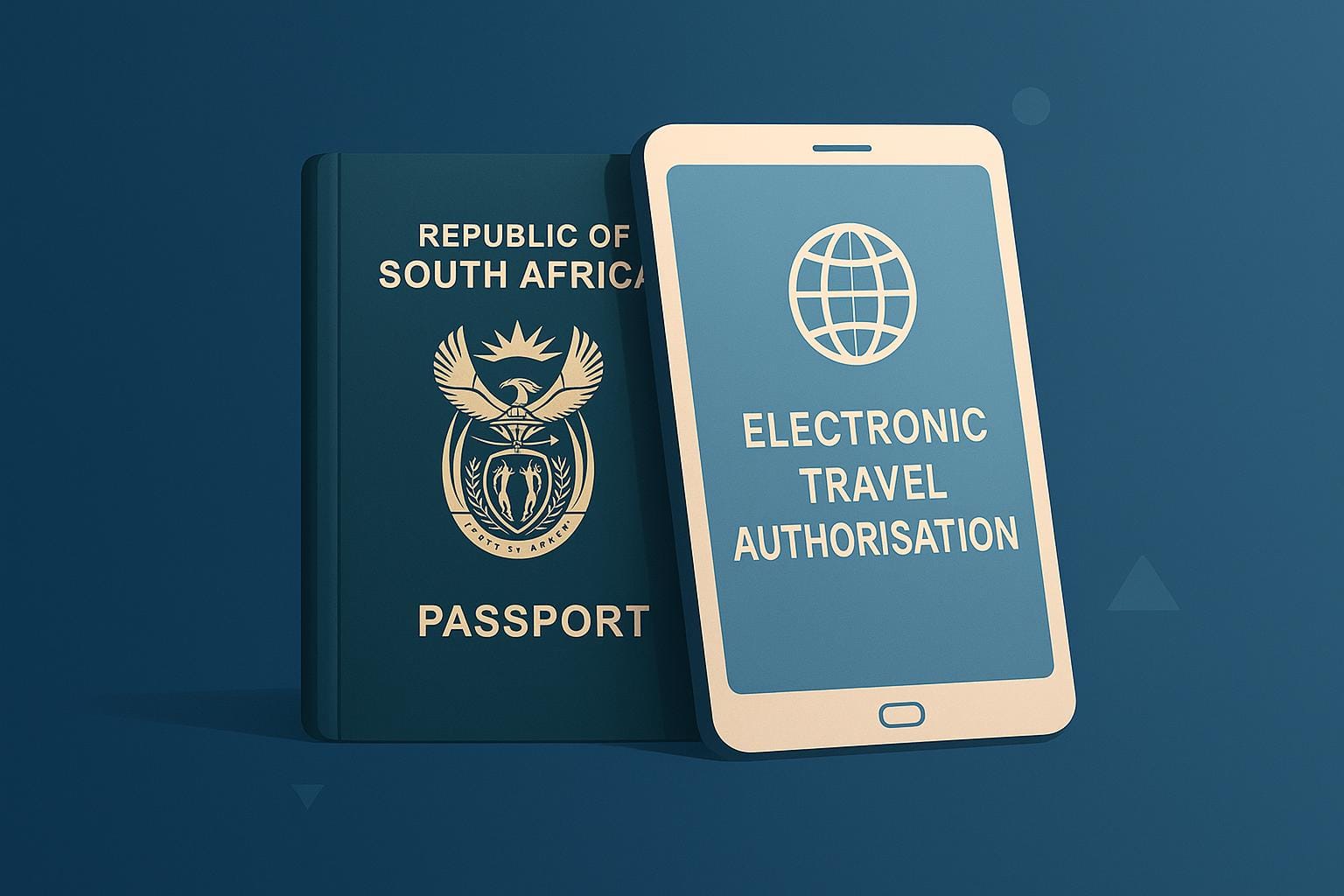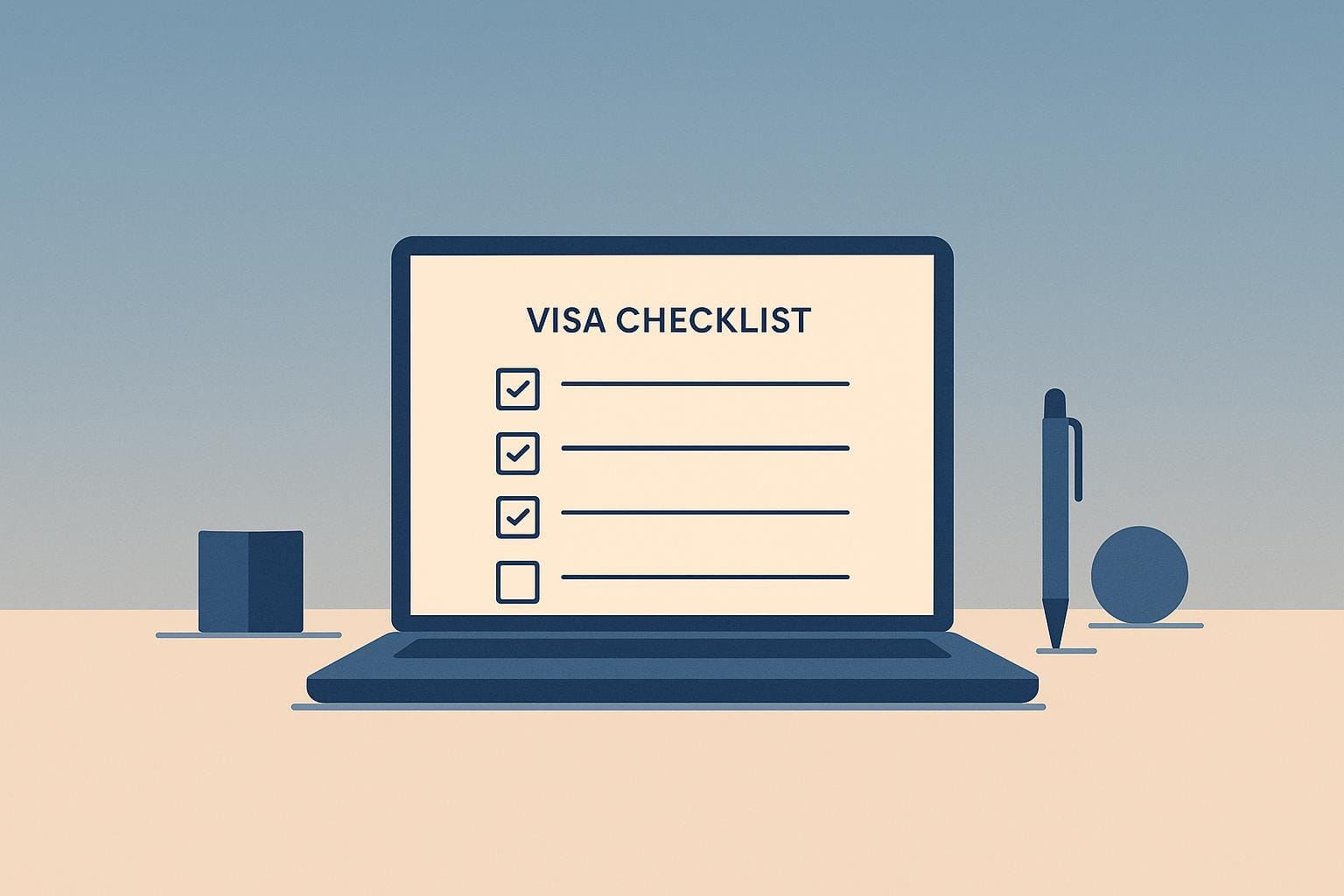If you're a UK-based quality assurance team planning a factory audit in India, securing the correct visa is essential to avoid delays, fines, or legal issues. Here’s what you need to know:
- Visa Types: Choose between an e-Business visa (quick online process, valid for 1 year, 2 entries) or a regular Business visa (valid for up to 5 years, multiple entries, longer stays).
- Key Documents: Valid passport (6 months minimum, 2 blank pages), letters from your UK employer and the Indian company, proof of funds, and professional credentials.
- Penalties for Non-Compliance: Visa violations, like overstaying, can lead to fines up to £2,400 or imprisonment.
- Automation Tools: Platforms like VisaDoc streamline applications, reducing errors and saving time.
- Cultural Tips: Use UK documentation standards (e.g., DD/MM/YYYY date format) and respect Indian business customs, including hierarchical etiquette and dietary preferences.
Quick Comparison
| Feature | E-Business Visa | Regular Business Visa |
|---|---|---|
| Application Process | Online (15 mins) | Physical via VFS Global |
| Processing Time | 2–4 business days | 10–15 business days |
| Validity | 1 year | Up to 5 years |
| Entries | Max 2, 60 days per visit | Multiple, 180 days per visit |
| Best For | Short-term audits | Long-term/multiple audits |
Prepare early, double-check documents, and consider automation tools to ensure a smooth visa process. Avoid penalties by adhering to Indian visa regulations.
Business Visa Requirements for Quality Assurance Teams
If your quality assurance team is heading to India for factory audits, having the right documentation in place is essential. Different types of visas come with their own requirements, and getting these sorted early can save time and keep your audit schedule on track. Below, you'll find the key documents you'll need to prepare.
Required Documents for Business Visa Applications
Applying for a business visa involves precise documentation. First and foremost, your passport must be valid for at least six months beyond your planned departure date and should have at least two blank pages available for visa stamps. This applies to both regular business visas and e-business visas.
The core documents include a completed visa application form, passport-sized photographs that meet India's specific guidelines, and letters from both your UK employer and the Indian company you’ll be auditing. Your UK employer’s letter should clearly outline your role, the purpose of the audit, and confirm that they’ll cover your travel expenses.
The Indian company’s invitation letter needs to provide details about the factory locations you’ll visit, the duration of your audit, and the planned business activities. Don’t forget to include the company’s certificate of incorporation with this letter.
You’ll also need financial documents, such as bank statements from the last three months, to demonstrate your ability to support yourself during the trip. Including proof of your professional expertise in the industry can further strengthen your application.
For regular business visas, additional documents like proof of UK residency and confirmation of your professional status within your organisation are required.
Now, let’s look at how to choose between an e-business visa and a regular business visa, depending on your audit needs.
E-Business Visa vs Regular Business Visa: Comparison
Whether you should choose an e-business visa or a regular business visa depends on factors like how often you’ll need to travel, the duration of your audits, and the complexity of your work. Here’s a quick comparison to help you decide:
| Feature | E-Business Visa | Regular Business Visa |
|---|---|---|
| Application Process | Online application, takes about 15 minutes | Physical application through VFS Global |
| Processing Time | 2–4 business days | Varies |
| Validity Period | One year from the grant date | Up to five years |
| Entry Restrictions | Maximum 2 entries, 60 days per visit | Multiple entries, 180 days per visit |
| Documentation Required | Passport copy, photograph, business card | Full document set, including incorporation certificate |
E-business visas are a great option for teams handling single factory audits or short-term quality checks. The online process is quick and convenient, making it ideal for urgent trips. However, the two-entry limit means you’ll need to reapply if additional trips or extensions are required within the same year.
On the other hand, regular business visas are more suited for teams managing ongoing audits or working with multiple factories across India. With a validity of up to five years and the ability to make multiple entries, they are a cost-effective choice for companies conducting regular audits or maintaining long-term quality oversight. Additionally, these visas allow for extensions, provided the business generates at least INR 10,000,000 in annual turnover within two years of the initial visa grant.
For teams with complex schedules involving multiple states or those requiring extended on-site presence, regular business visas are the better choice. The 180-day stay limit per visit gives you the time needed for thorough factory assessments, supplier development, and compliance checks - tasks that shorter e-business visa stays may not accommodate.
While regular business visas require more detailed documentation, such as verified company incorporation certificates and comprehensive proof of your business purpose, the added flexibility they offer often makes the extra effort worthwhile.
Automating Visa Processes with Workflow Tools
Handling visa applications manually for factory audits often leads to errors and delays. Automation platforms like VisaDoc are changing the game by turning this laborious process into a smooth, efficient workflow. For quality assurance teams travelling to India, this means less time spent on tedious admin and more time preparing for audits. By automating repetitive tasks and ensuring nothing is overlooked, these tools simplify the entire process. Here's a closer look at how automation makes it all happen.
Steps for Automating Visa Documentation Workflow
Automating visa applications involves several key steps:
- Centralised data collection: Instead of juggling emails with sensitive information, team members can securely upload their documents via online portals. This minimises risks and keeps everything organised.
- Document validation: AI-powered systems automatically check applications for accuracy and completeness. This eliminates common issues like missing signatures, incorrect photo sizes, or incomplete forms - problems that could otherwise derail audit schedules.
- Compliance integration: Automated tools ensure applications meet the latest Indian visa regulations. These systems track policy updates and adapt requirements automatically, so there's no need to worry about compliance gaps.
- Payment processing: Visa fee payments are handled directly through integrated systems, removing the hassle of extra payment steps.
- Real-time status monitoring: Transparency is a major plus, with updates available at every stage - from submission to passport collection. This keeps everyone informed without the need for constant follow-ups.
- Communication automation: Automated responses and updates ensure HR teams, audit managers, and applicants stay in the loop without manual coordination. Queries are answered promptly, and everyone is kept on the same page.
These steps work together to create a seamless experience, making the visa process faster and more accurate.
Benefits of Automation for Audit Teams
For quality assurance teams, automating visa workflows brings far more than just time savings. The reduction in manual errors and delays is transformative. Automation has been shown to cut documentation errors by 25% and improve processing efficiency by 30%. Here’s how these benefits play out:
- Reduced costs: Streamlined operations mean fewer resources are needed for chasing documents or tracking applications. This reduces the burden on HR teams and lowers overall costs.
- Improved experiences: With 75% of businesses reporting better outcomes after implementing automated systems, the process becomes less stressful. Team members can track their applications independently, giving them greater confidence in their travel plans.
- Reliable compliance: Automated systems ensure regulatory requirements are met, with accurate record-keeping and real-time updates. This is crucial for companies conducting regular factory audits, as compliance issues can affect future applications and business relationships.
- Enhanced data security: Sensitive information, like passport details, is protected by robust security measures. This is a significant improvement over email-based sharing, which carries higher risks.
- Actionable insights: Automation tools provide analytics that help organisations refine their visa processes over time. By identifying trends in processing times, rejection reasons, or seasonal patterns, companies can better plan future factory visits.
When combined, these benefits create a ripple effect. Faster visa processing improves audit scheduling, strengthens supplier relationships, and enhances overall quality assurance. Teams that once spent weeks managing visa applications can now focus on strategic tasks that directly influence audit outcomes and business success.
Best Practices for Visa Approvals
Securing a business visa for factory audit visits takes more than just filling out forms. Quality teams need to meet stringent documentation requirements while avoiding common mistakes that can derail the process. Often, success hinges on meticulous preparation and forward-thinking strategies.
Compliance Strategies for Business Visa Applications
Document accuracy and consistency are non-negotiable. Every detail - whether it’s passport information, company letterheads, or job titles - needs to match perfectly. Even minor errors, like mismatched dates or misspelt names, can raise concerns for visa officers, potentially leading to rejection.
As Harper James aptly puts it:
"Accurate documentation outweighs innovative business ideas in the eyes of visa officers."
Including supplementary documentation can strengthen your application. Beyond the standard requirements, consider adding contracts with Indian suppliers, quality standards documentation, or proof of ongoing business relationships. These extras help establish the legitimacy of the audit visit and provide additional context.
Keeping up with changing regulations is equally important. Indian visa rules are updated frequently, sometimes without much notice. On top of that, sector-specific manufacturing laws and regional labour requirements can add layers of complexity. Submitting well-organised, comprehensive paperwork that clearly demonstrates the business necessity of your visit is critical.
Registration requirements should not be overlooked. Visitors must register with the Foreigners Regional Registration Office (FRRO) within 14 days of arrival. Additionally, companies must report any capital inflows to the Reserve Bank of India by filing an FC-GPR form.
For a smoother process, consider working with immigration specialists. These professionals can help you navigate the complexities of visa applications, reducing the risk of errors and delays. Their expertise complements automated systems, ensuring your documentation is thorough and your audit schedule stays on track.
Tips for Handling Special Scenarios
If your audit visit is urgent, start the visa process early to account for processing times. Ensure all documents are complete and verified before submission to avoid delays.
In cases of a lost passport, report the incident immediately to the local police and obtain a First Information Report (FIR). If the missing passport contained an Indian visa, you’ll need the FIR to secure an exit visa.
Be aware of the consequences of visa violations. Overstaying or breaking visa rules can lead to serious penalties, including the need for clearance from the Ministry of Home Affairs to leave the country. Violators must apply for an exit permit through the FRRO portal, which can take up to 90 days to process, and fines may apply.
It’s also worth noting that business visas cannot be converted to other types, except in rare cases approved by the Ministry of Home Affairs. If your audit plans involve an extended stay, apply for the correct visa type from the outset.
These challenges highlight the importance of preparation and the role automated systems can play in ensuring compliance and keeping your audit plans on track.
UK-Specific Considerations for Quality Teams
Preparing for factory audits in India requires UK quality teams to align their documentation with British standards while respecting Indian business practices. This dual approach not only simplifies the visa process but also ensures smoother audits by avoiding unnecessary delays.
Using UK Formats and Conventions
Stick to UK formatting conventions in all your documents. This includes using the British date format (DD/MM/YYYY), quoting financial figures in Pound Sterling (£), and employing metric units such as metres, kilograms, and Celsius for technical information. For instance, if your audit is scheduled for 15th March 2025, ensure it’s written as 15/03/2025, not 03/15/2025.
Trade between the UK and India continues to be significant. In 2024, the UK ranked as India’s 12th largest trading partner, with bilateral trade valued at £43 billion. While following these formatting practices is essential, understanding Indian business customs is equally critical.
Business Etiquette in India
Familiarity with Indian business culture can make a world of difference. Establishing personal relationships often takes precedence over diving straight into business discussions. Therefore, allocate extra time at the beginning of your visit for informal conversations with factory management.
Hierarchy is deeply ingrained in Indian business environments. Address senior managers with their titles and respect the established chain of command. Unlike the direct communication style common in the UK, Indian counterparts may prefer a more indirect approach. Be prepared to ask clarifying questions to avoid misunderstandings.
While punctuality is a sign of respect, meeting times may occasionally shift. Build flexibility into your schedule to accommodate potential delays.
Greeting customs also vary. The traditional "Namaste" is widely appreciated. Handshakes are common among men, but less so with women, so observe and adapt to individual preferences.
Dietary considerations are another important aspect. Many Indians follow vegetarian diets, so keep this in mind when arranging meals. Additionally, be aware of local religious festivals and holidays, which could impact factory operations or staff availability.
Although English is widely spoken in Indian business contexts, learning a few simple Hindi phrases can go a long way in building rapport. Lastly, patience is key - bureaucratic processes, including document reviews, may take longer than anticipated.
Conclusion: Main Points for Successful Visa Processing
Securing business visas for factory audit visits to India requires careful planning, accurate documentation, and efficient workflows. The first step is selecting the right visa type. An e-Business visa is often the quicker option, with a processing time of 3–5 business days, while a regular Business visa typically takes 10–15 days on average to process.
Once the visa type is determined, the focus shifts to documentation. Your passport must be valid for at least six months and have two blank pages. Supporting documents need to be error-free and consistent with passport details. For UK teams, it is essential to adhere to British conventions, such as using the DD/MM/YYYY date format and £ sterling figures. If any documents are in a language other than English, certified translations are a must to prevent delays or rejections.
Automation tools, like VisaDoc, simplify the visa application process. These platforms help manage complex workflows by automating tasks like document organisation, status tracking, and compliance checks, significantly reducing manual effort.
Compliance is another critical factor. Non-compliance with visa regulations can lead to severe consequences, including fines, deportation, or even entry bans. Staying updated on the latest visa rules is especially important when handling multiple applications for a team.
Proper planning is key. Account for varying processing times and, where possible, opt for e-visas to save time. However, confirm eligibility for e-visas based on your nationality before relying on shorter processing timelines.
Streamlining your visa process - whether through advanced tools or expert advice - minimises the risk of legal or financial penalties. For UK teams conducting factory audits in India, success depends on balancing British documentation standards with Indian business practices. This careful alignment ensures smooth visa approvals and keeps your audit schedule on track.
FAQs
What is the difference between an e-Business visa and a regular Business visa for factory audits in India?
Difference Between an e-Business Visa and a Regular Business Visa for Factory Audits in India
When it comes to factory audits in India, the choice between an e-Business visa and a regular Business visa boils down to their application process, processing time, and purpose.
The e-Business visa offers a fully online application process, making it a faster and more convenient option. Typically processed within 3 to 5 working days, it allows multiple entries and permits stays of up to 180 days. This makes it a great choice for short-term business activities, such as factory audits.
In contrast, the regular Business visa involves a more detailed procedure. Applicants often need to attend an in-person appointment at an Indian embassy or consulate. Processing times are longer, usually taking 10 to 15 working days, though this can vary based on individual circumstances. Like the e-Business visa, it allows multiple entries but is better suited for longer stays or business engagements that require more specific commitments.
To sum it up, the e-Business visa is ideal for shorter visits with a quicker turnaround, while the regular Business visa is more appropriate for extended stays or specialised business needs.
How does VisaDoc simplify the business visa application process for quality assurance teams visiting India?
VisaDoc takes the hassle out of business visa applications by automating tedious tasks and maintaining precision throughout the process. With tools like automated data entry, document verification, and real-time tracking, teams can save time and reduce mistakes. This translates to a smoother process, fewer delays, and better adherence to Indian visa regulations.
By simplifying workflows and providing clear instructions, VisaDoc allows quality assurance teams to concentrate on their audit goals instead of getting bogged down by visa paperwork. It’s an essential solution for making travel arrangements seamless and stress-free.
What cultural considerations should UK quality teams keep in mind when visiting India for factory audits?
When carrying out factory audits in India, UK quality teams should consider a few cultural nuances to ensure effective collaboration and respect for local traditions.
In Indian business culture, building trust and personal relationships is key. Taking the time for informal chats - whether about family, local traditions, or everyday life - can help create a friendly and cooperative atmosphere. Respect for hierarchy is another cornerstone, so it’s courteous to address senior team members first and use formal titles whenever possible.
Communication in India is often more indirect, which means subtle non-verbal cues can carry significant meaning. Patience during conversations is essential. Additionally, given India’s cultural diversity, practices and etiquettes can differ widely across regions. For instance, while handshakes are widely accepted, some individuals might prefer a traditional ‘namaste’. Being mindful of these variations and showing cultural awareness can greatly enhance collaboration during factory audits.
Related Blog Posts
- Business Visa Audit: Step-by-Step Preparation Guide
- Supporting Your Employees Through the Visa Process: A Travel Manager’s Guide
- India Business Travel Guide: Visas, Permits, and Cultural Tips for Success
- Site Inspection Visits to Manufacturing Facilities in Vietnam: Business Visa Documentation Requirements



